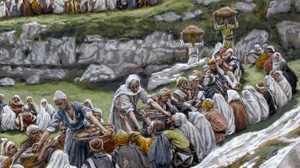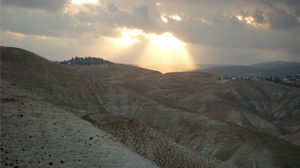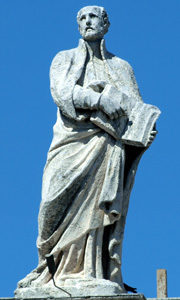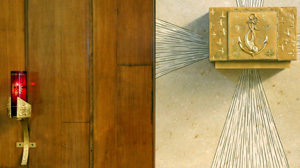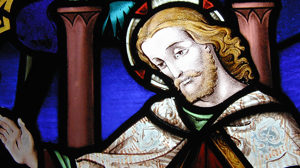Numbers 11:4b-15
Matthew 14:13-21
Reflection:
“Then he ordered the crowds to sit down on the grass. He took the five loaves and two fish, looked up to heaven, blessed and broke them, and gave the loaves to the disciples, who in turn gave them to the people. All those present ate their fill. The fragments remaining, when gathered up, filled twelve baskets.” Matthew 14:19-20
In today’s Gospel, we hear one of the accounts of the very familiar story of Jesus feeding the 5,000. I love this story, because Jesus lets us see how much He is able and willing to provide for us when we have a true need. He even provides left-overs!
I have heard people discount this miracle by saying they believe the true miracle was that people shared the food they brought. I don’t buy it. I truly believe that Jesus simply multiplied the 5 loaves and 2 fish, and everyone ate as much as they wanted. If I shared my lunch with you, we would each get a half sandwich, and I don’t think we would be very satisfied. The fact that they could eat as much as they wanted seems to show there was much more than sharing would provide.
We live in a culture where we often think there isn’t enough, but when God provides, there is more than enough.
This story also points to the future feeding of the masses in the Holy Eucharist where Jesus gives himself to us as spiritual food every day. That’s another great miracle that I am very grateful for today. Thank you, Lord, for feeding us and providing for our needs when we take you at your word.
Janice Carleton and her husband Jim live in Portland, OR and partner with Passionist Fr. Cedric Pisegna in Fr. Cedric Ministries. She is the mother of 4 grown children and grandmother of 6. Janice also leads women’s retreats and recently wrote her first book: God Speaks to Ordinary People – Like You and Me. Visit Janice’s website at http://www.janicecarleton.com/ or email her at [email protected].

